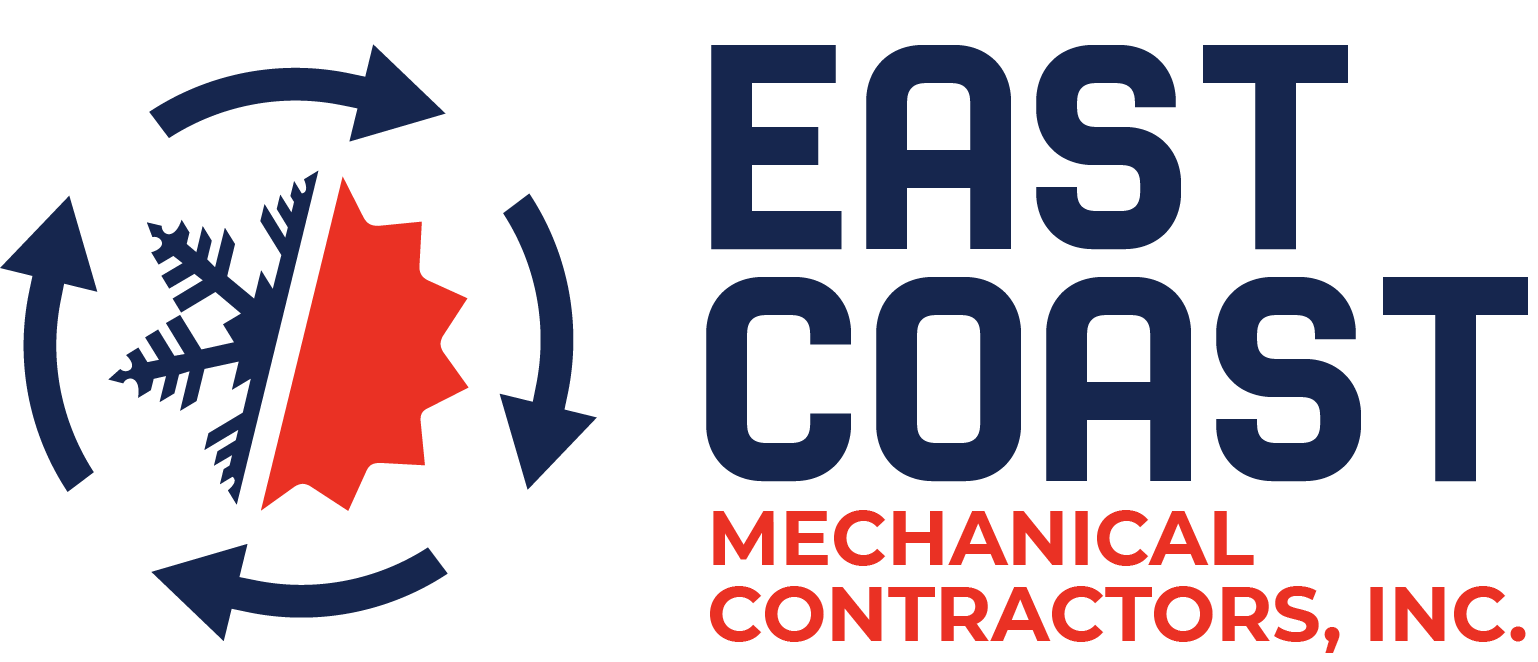Turning on your air conditioner (AC) after breaking a sweat all day can feel so refreshing, especially during the summer. However, sometimes you can get more than you bargained for with a malfunctioning AC. While we know that not getting any airflow or warm air coming from your AC is a sign you need repairs, there is another sign to look out for: an AC that’s too cold. We will explain why your AC is too cold and what you can do!
The Dangers of “Too Cold”
The first problem with setting your thermostat too low is that it forces your AC to work harder. The system has to run longer to get your home to that lower temperature, which not only wastes energy but wears the system out more quickly. This will lead to frequent repairs and ultimately shortening the unit’s life span.
Additionally, lower settings can cause your evaporator coil to freeze. There isn’t enough heat exchange, so ice forms on the coil, causing the system to stop working until it defrosts. Any temperature below about 68 degrees puts you in danger of freezing.
Finding Your Ideal Temperature
The ultimate answer to, “How cold is too cold?” maybe 68 degrees, but to maintain home comfort without wasting energy, keep your thermostat between 72 and 78 degrees. If you’re comfortable at 78, then try bumping it up to 79.
If 78 turns out to be too hot, you can try the same thing in reverse. Lower the thermostat one degree at a time until your house is cool enough. However, before doing that, there are a few things you can try to maximize comfort.
Supplement your AC with ceiling fans, which make the air feel cooler than it is while using less energy. Also try opening your windows at night to let cool air in. Then during the day, close the blinds and draw the shades to keep direct sunlight out. There are plenty of ways to stay cool in summer while keeping your energy bills low.
How Cold Is Too Cold?
While an AC is supposed to get cold, especially if you like to set the temperature to sixty degrees, sometimes an AC can malfunction and get much harder. You can often immediately notice an AC blowing colder air than your thermostat registers. Do not ignore an AC getting too cold, it is not only going to cost you potentially more on your utility bills, but without repairs, you can be looking at a costly replacement.
Air Filter Check
Before diving into the nitty-gritty, ensure your air filters are clean! A dirty air filter can sometimes be the culprit of an AC freezing over and leading to frigid air blowing throughout your home. Dirty air filters create impedances in airflow that can make your AC work harder than it needs to, and you are burning the candles on both ends of your HVAC. Not only can dirty air filters lead to expensive repairs, but you can have inconsistent temperatures that can make your AC more of a nuisance than a valuable asset. Also check the air vents in your home and remove dust or furniture that is blocking the flow.
Coolant Levels
Sometimes the cause of ice-cold air coming from your AC can be linked to low freon levels or other refrigerants that help your AC cool down the home. You might be asking yourself, should low refrigerant mean less cold air? Funnily enough, low refrigerant levels cause colder air because, without refrigerant, evaporation around your AC coils does not dissipate, leading to ice formation, and creating a frozen AC. You can avoid these frozen AC woes by checking on your refrigerant levels and calling our East Coast Mechanical pros immediately!
Broken Fan
The main concern with an AC that gets too cold is proper airflow, and if your refrigerant levels are not the leading cause, your next troublemaker could be a faulty fan. When fan motors break down, this can lead to a lack of airflow that your fan provides typically. Once again, with no airflow in your HVAC system, you have more condensation turning into ice, leading to a frozen system. Not only can a faulty fan motor lead to a frigid AC, but you might be stuck with no airflow at all, let alone cold air.
Avoiding These Problems
Typically, we see these issues occur in two scenarios: AC units that have gone without repairs for a long time and old AC units. We usually recommend that our customers get at least AC inspections twice a year to avoid potential issues as the seasons change. Without a proper inspection, you risk having a faulty HVAC unit that can cost you a lot of money. Additionally, an old AC unit can be a pain, so aim to replace your AC unit at least every ten years.
Contact us
If you have HVAC needs for data centers, join hands with a licensed and insured contractor at East Coast Mechanical. Email: ecmcecmc@aol.com Address: 5133 W Hurley Pond Rd Suite A, Wall Township, NJ 07727 Hours: Monday to Friday 8 AM to 5 PM and Closed Saturday and Sunday.
Phone: 800-300-ECMC or 732-751-8877

